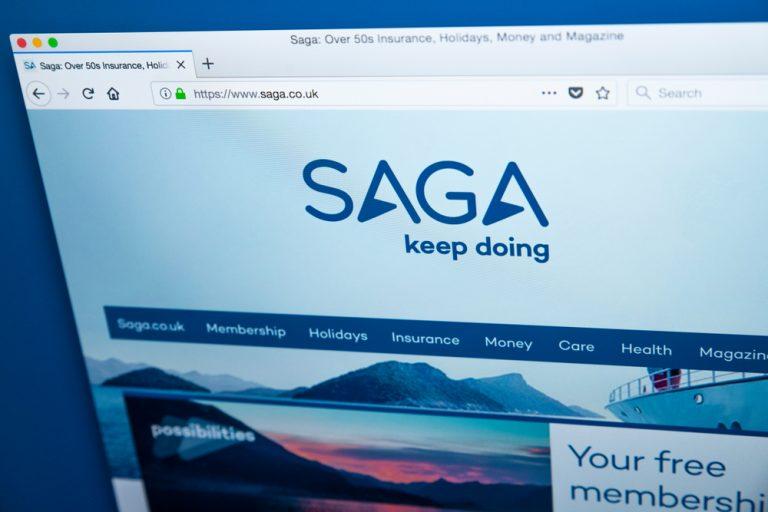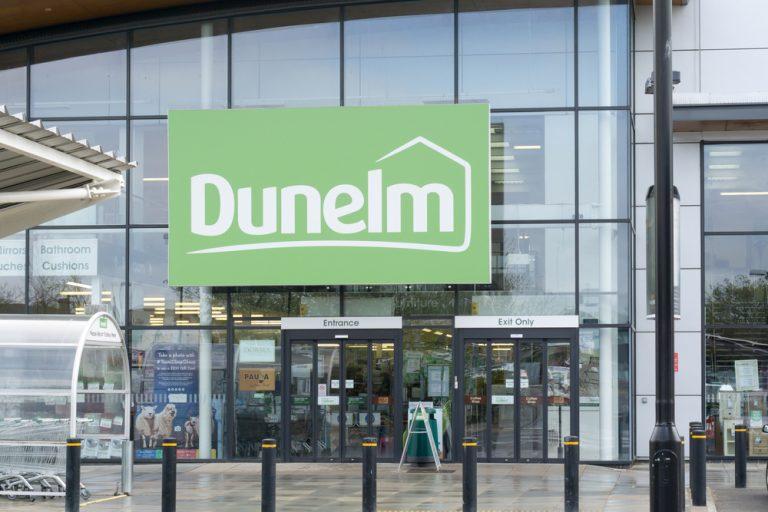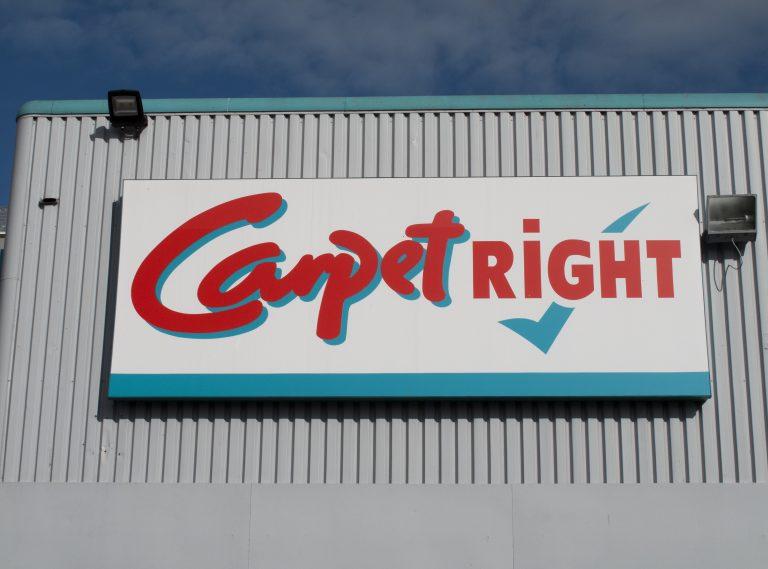Volkswagen announce new CEO, Herbert Diess
Uber acquires bike share startup Jump
Travel business performance boosts Saga shares by 8pc
Dunelm shares soar 7pc on quarterly revenue boost
Carpetright to close 92 stores in CVA proposal
WH Smith profits hit by fall in spoof humour books
Tesco profits rebound after turnaround initiative
High street faced toughest year in six years in 2017
Asos shares fall despite 27pc sales boost
Fashion retailer Asos (LON:ASC) saw shares fall 9 percent in early trading on Wednesday, despite a strong half year performance taking profits up 10 percent.
The online group reported a 27 percent rise in retail sales for the six months to February, hitting £1.13 billion, with profits reaching £29.9 million. However, the group spooked investors on Wednesday morning bu saying it would reinvest up to £250 million of the profits in its operations. Nicholas Hyett of Hargreaves Lansdown told the BBC: “Any retailer growing at 20% plus a year will need to invest, but what’s disappointing about Asos is its tendency to underestimate capital expenditure requirements by some tens of millions a year”. Asos has already spent around £95 million this year on its business. CEO Nick Beighton applauded the strong results, saying that the site attracted more than a billion visits for the first time. “These results show strong trading at the same time as we are making substantial investment in our future”, he added. Shares in Asos are currently down 7.80 percent at 6,482.00 (0934GMT).Universe Group profits fall on contract delays
The company design, build, install and support systems in 5,700 retail and petrol forecourt sites, processing over 6 billion transactions each year in our data centres. “We have had a solid start to 2018 with a two-year contract extension with a large food retailer client as well as the prospect of new business from a major international forecourt operator with whom we have not traded before,” chief executive Andrew Blazye said. “Our pipeline remains solid and supports our budgeted turnover, with the exception of the significant uncertainty regarding our contract with Conviviality, which represents approximately £2m of our pipeline revenue for the current financial year.”
Universe Group (LON:UNG) shares sunk 7.09 percent at 5.11 (0915GMT).










